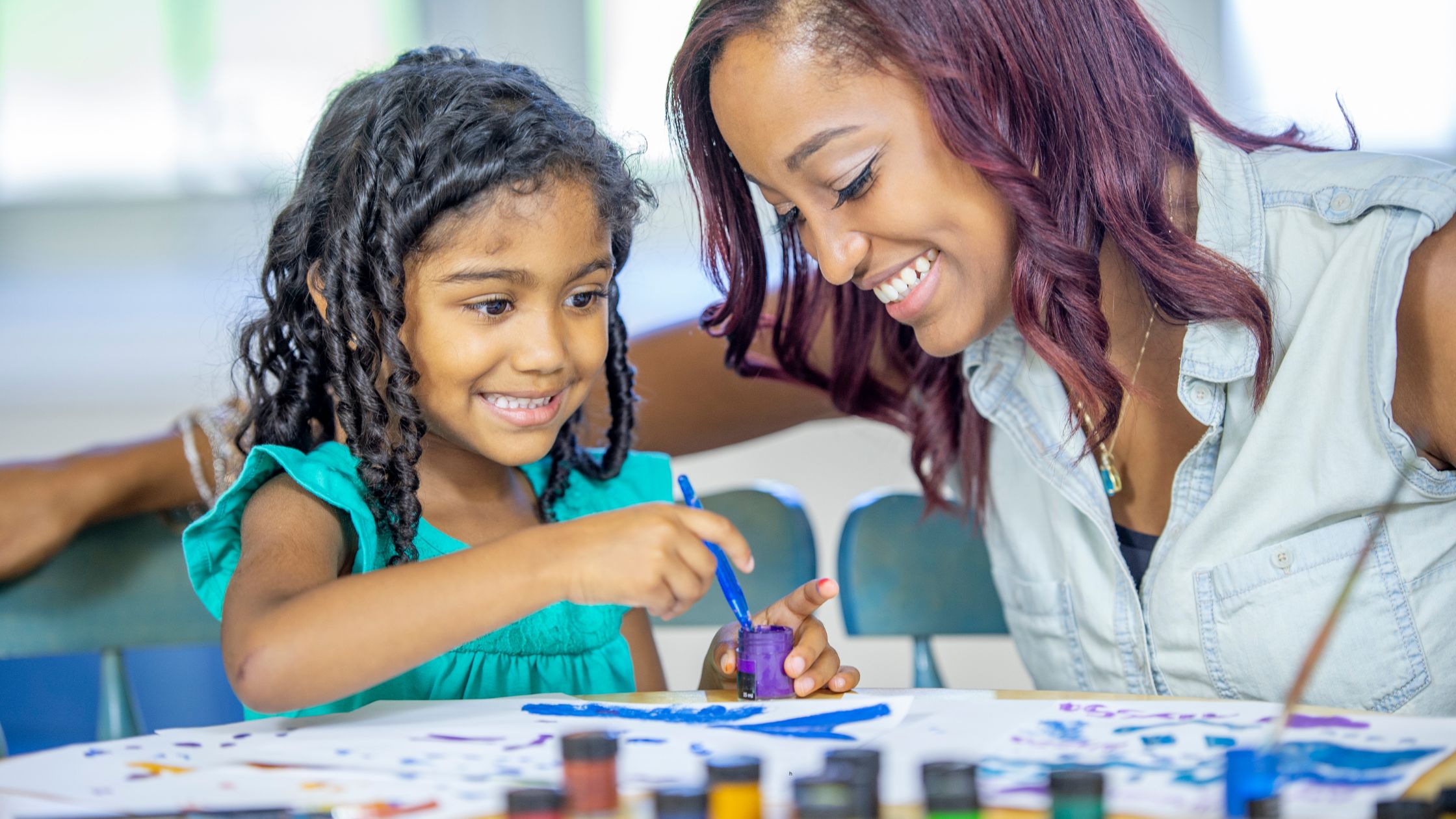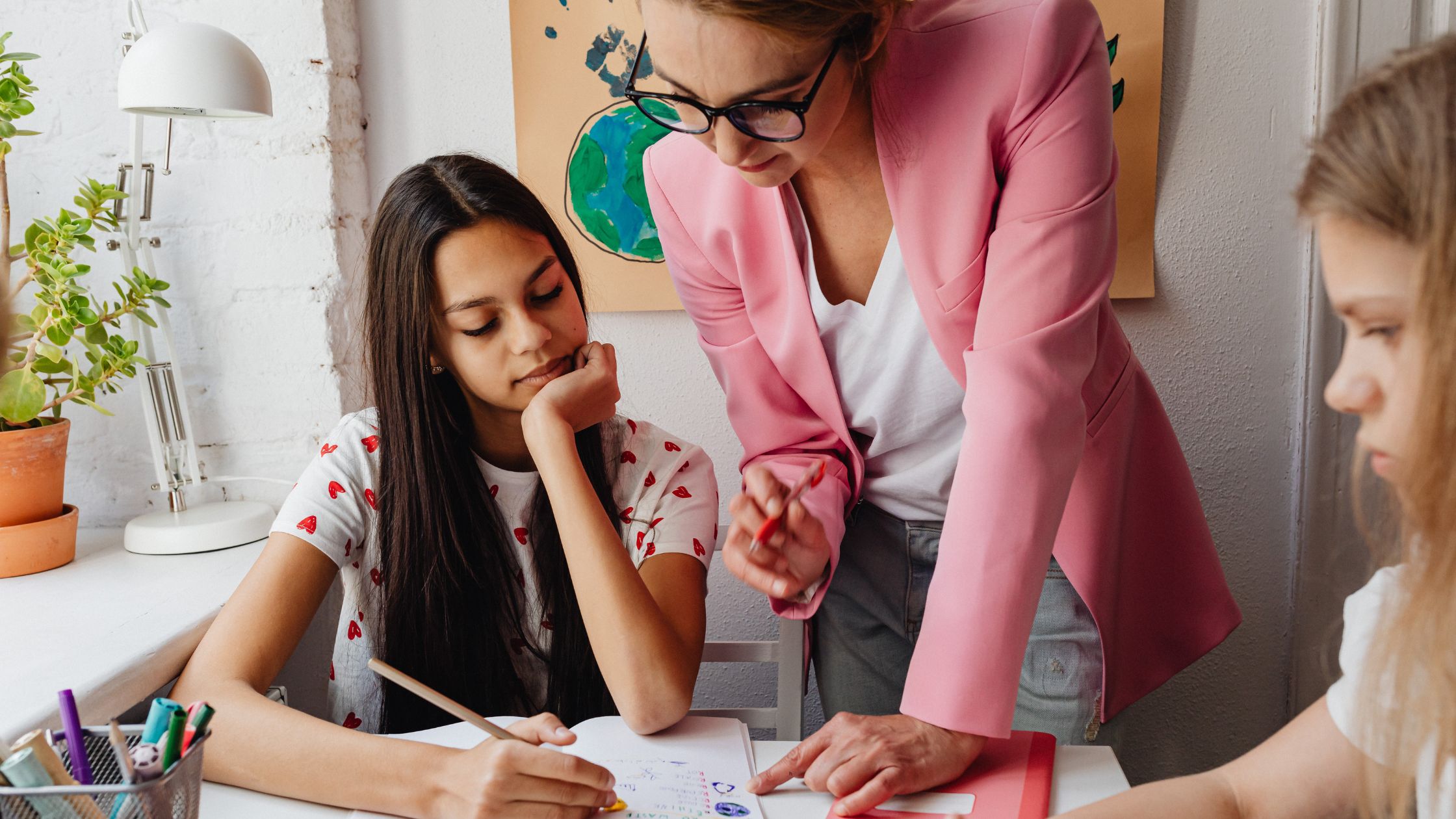This post may contain affiliate links. For more information, please see our disclosure here.
Enrollment for the 2024-2025 school year is open. And you can start as early as this month! We offer personalized and flexible learning options for Grades PreK-12. Click HERE to learn more!
As parents, we’re sure you want to provide your children with the best educational experience possible. With the growing popularity of nontraditional learning environments like homeschooling and online learning, parents now have more choices than ever to cater to their child’s unique needs and interests.
Two popular and effective methods that have emerged in these personalized learning settings are project-based learning and problem-based learning. While they may sound similar, each approach has its own unique benefits and suits different types of learners.
Understanding these methods can help you decide which one may be the best fit for your child.
What is Project-Based Learning?
Project-based learning is an educational approach that involves students actively exploring real-world problems and challenges over an extended period of time to acquire deeper knowledge.
In this method, students work on a project that allows them to apply what they’ve learned in a practical, hands-on way. For example, they might create a business plan, design a community garden, or produce a documentary film. The goal is to engage students in meaningful work that inspires them to think critically and creatively.
This type of learning not only enhances academic skills but also boosts soft skills like collaboration, communication, and time management.
Which Types of Students Thrive With Project-Based Learning?
Project-based learning is ideal for students who thrive on creativity and enjoy working independently or in groups to complete tasks.
It’s especially beneficial for children who are curious, enjoy hands-on activities, and love exploring new ideas. This approach helps them build confidence in their abilities and fosters a lifelong love of learning.
What is Problem-Based Learning?
Problem-based learning, on the other hand, focuses on having students work collaboratively to solve a specific, open-ended problem. This approach often begins with a real-world issue, such as environmental sustainability, health care challenges, or community development.
Students typically research the problem, brainstorm potential solutions, and then work together to implement their ideas. The process encourages critical thinking, analytical skills, and a deep understanding of the subject matter.
Which Types of Students Thrive with Problem-Based Learning?
Problem-based learning is great for students who enjoy engaging in deep discussions, are naturally inquisitive, and have a knack for solving puzzles or challenges.
This method teaches children how to think critically, work effectively in a team, and develop strong research and communication skills. It’s particularly suited for students who enjoy being challenged and are motivated by finding solutions to complex problems.
Both project-based and problem-based learning offers a rich, dynamic educational experience that caters to different types of learners. By understanding your child’s strengths and interests, you can choose the approach that best suits their needs and fosters their academic and personal growth.
At Strike School, we believe in the power of personalized learning. Our Personalized Learning Coaching is a great option for students who thrive in customized, student-centered environments that focus on their individual needs and goals. Our Learning Coaches tailor their educational experience to meet each student’s needs, whether through project-based, problem-based, or any other type of learning.
If this is of interest to you, reach out to us! Learn more about our flexible learning options here.




